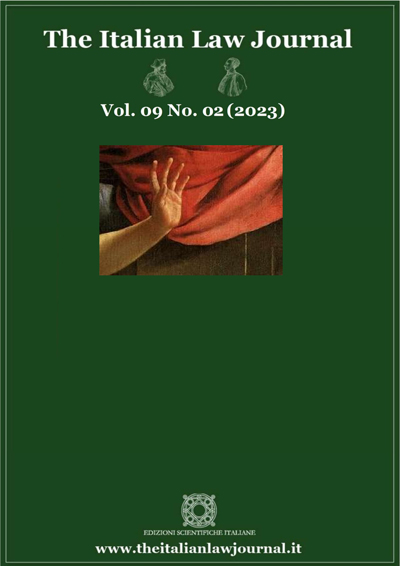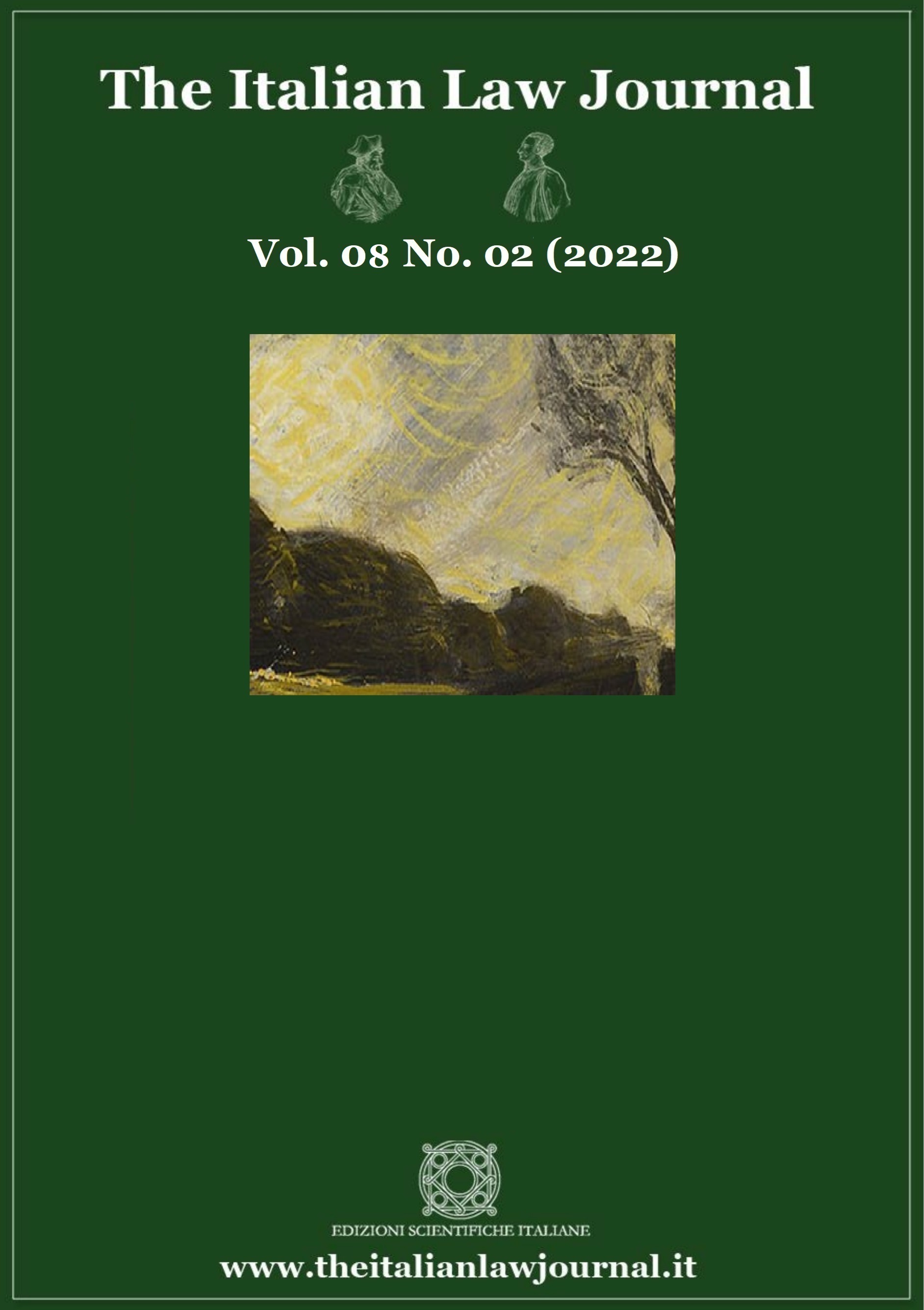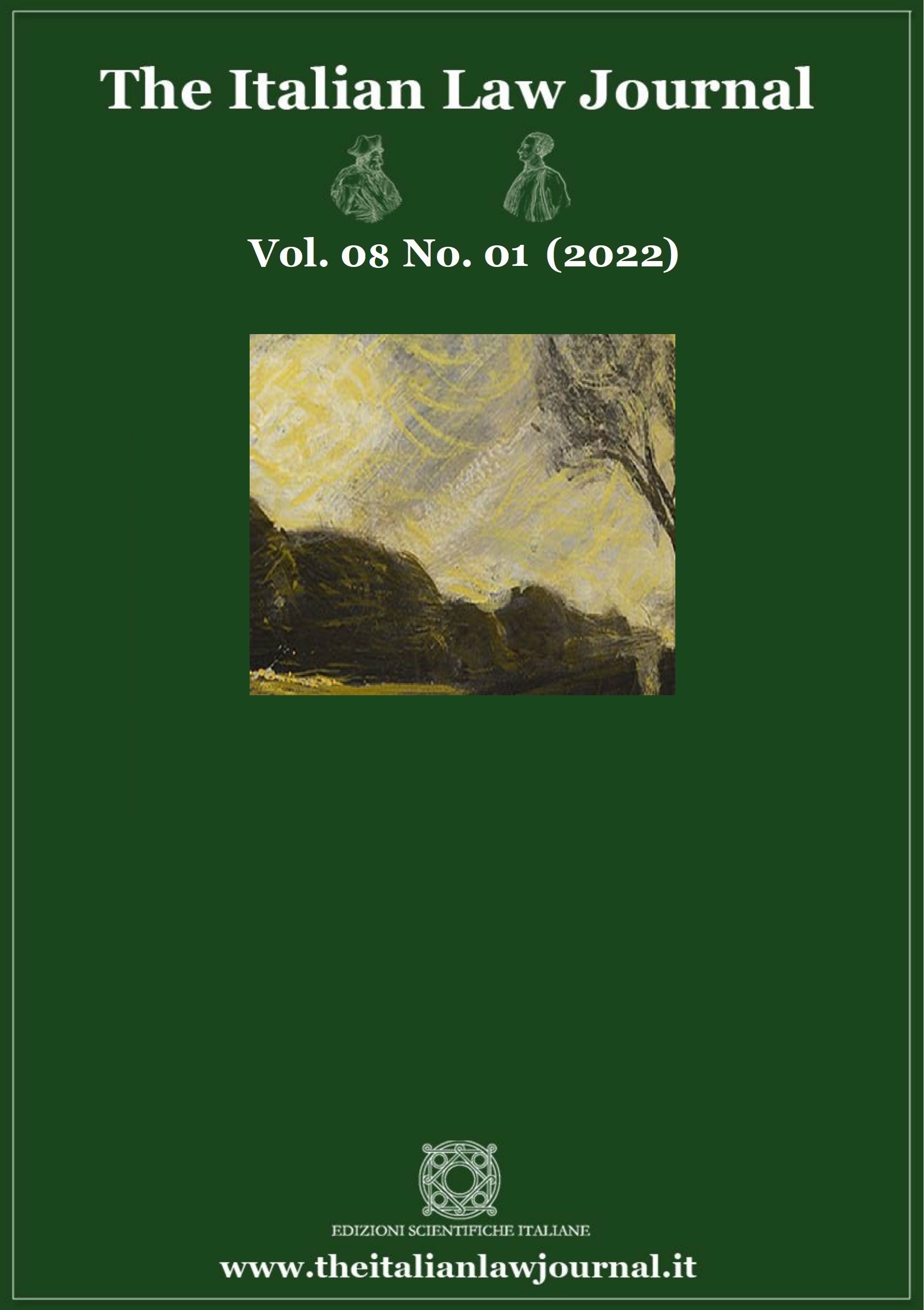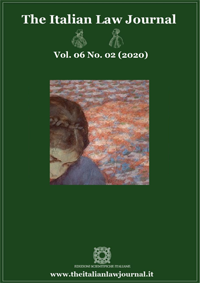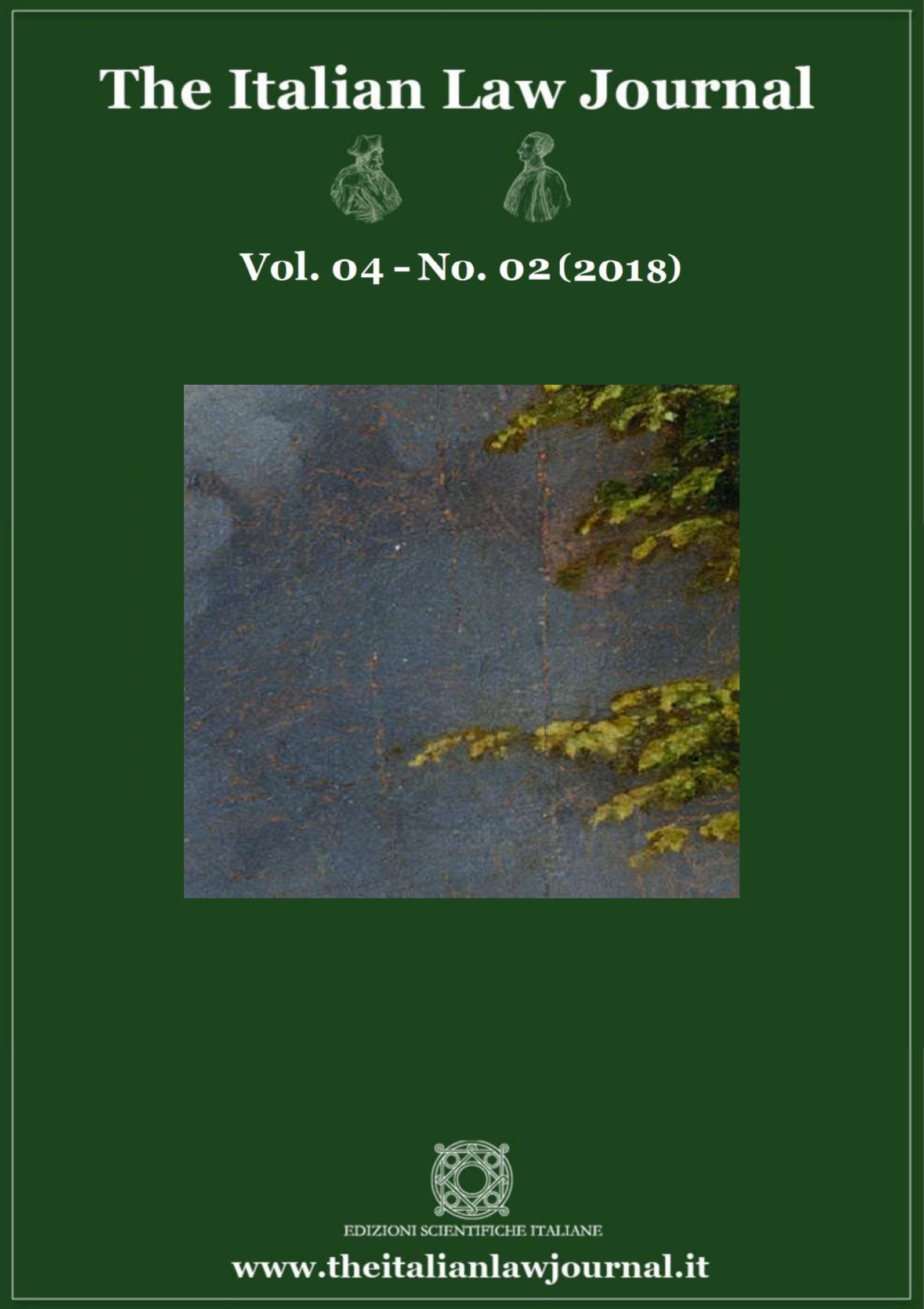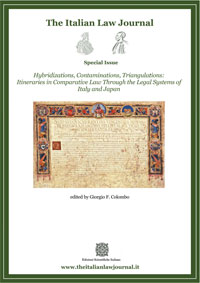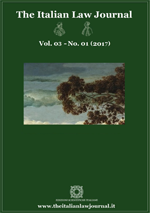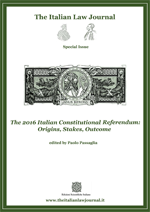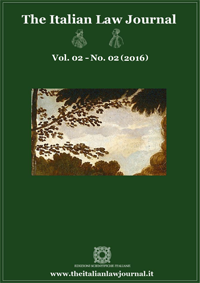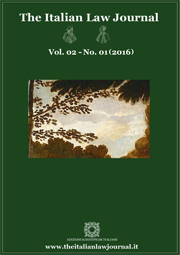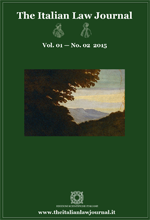6 THE ITALIAN LAW JOURNAL NO. 1 (2020) Agriculture, Sustainability and Climate Change. A Study on the Possible Role of Agricultural Cooperatives Recognised as Producer Organizations by Georg Miribung Since modern agro-food producing systems strongly support climate change, I raise the question of whether this proved connection can be integrated into Italian private law. Frankly speaking, as agro-food producers contribute to climate change, why not make them responsible – that is, liable – for its consequences, that is to say, responsible for damage because of climate change? For this discussion, I consider a production chain constituted by a group of small farmers and a PO (using the legal form of agricultural cooperative) coordinating this chain’s activities. DOI 10.23815/2421-2156.ITALJ ISSN 2421-2156
I stress that the question concerning agro-food production systems is of special relevance as the current legal framework (internal market of the EU) strongly subsidises farming and, thus, food production, arguing that agriculture is sustainable. But, as sustainable behaviour is also considered behaviour that mitigates climate change, and as modern food production and agriculture strongly contribute to climate change, one can doubt the logic of this approach.
Considering private law, my analysis has shown that the role and responsibility of modern (agro-)food production in relation to climate change – which would require specific sustainable behaviour to mitigate – is weakly accentuated at present. Of particular relevance is the fact that it is currently not possible, especially with lack of proof of a causal link, to charge the actor (who has caused environmental damage with a certain influence on climate change) with the damage that third parties have suffered, such as due to a tornado, whirlwind or extremely long drought.
Trying to make agro-food producers more responsible for climate change would necessitate more clearly defining the purpose of the companies and the duty of care of the administrators charged with putting the purpose into practice. To help boards in making decisions, it is proposed to develop an external mechanism that supervises the sustainable behaviour of companies (ie rating or certification systems), including verifiable indicators to make the whole system less vulnerable to abuse.
Moreover, to grasp the problem at its roots, it is necessary to extend liability to the whole production chain. These observations are based on network theory, which, as the example of product liability shows, is already part of the Italian legal thinking and structure.








